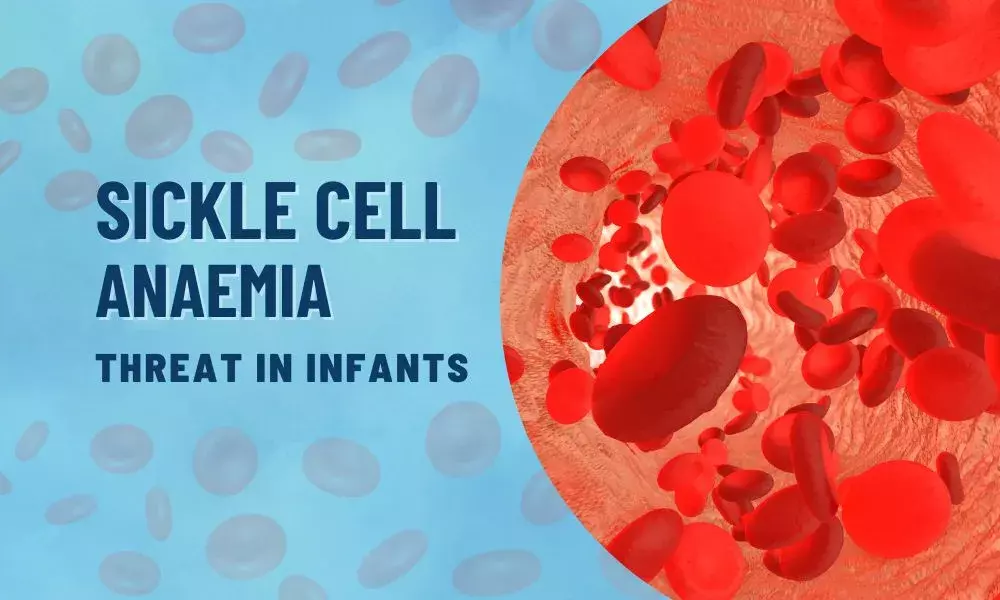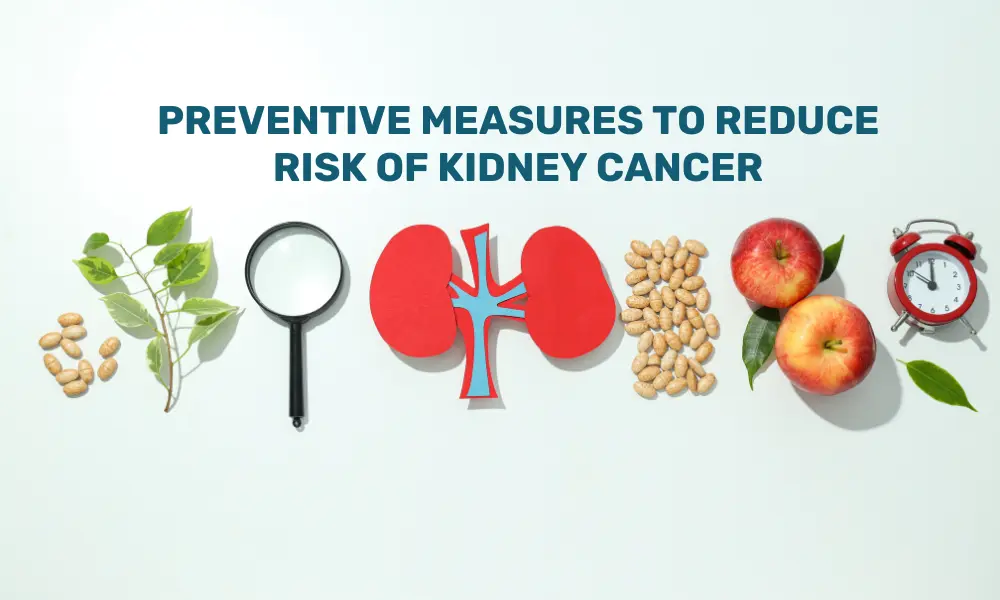Are you experiencing acidity frequently? Well, there is a high chance that frequent acidity may indicate greater issues like gastroesophageal reflux disease (GERD), which is not just “acidity.” However, most people are unaware of the condition and confuse it with indigestion. People can have GERD without even realizing it.
GERD arises when stomach acid frequently flows back into the esophagus, causing irritation. While many people experience classic symptoms like heartburn or acid regurgitation, others may have ‘silent GERD,’ where symptoms are less obvious or atypical.
For instance, some individuals may only experience chronic coughing, hoarseness, sore throat, or a sensation of something being stuck in their throat. Additionally, mild reflux episodes may go unnoticed until complications arise.
Over time, untreated GERD can lead to damage to the esophagus, such as inflammation, strictures, or Barrett’s esophagus, a precancerous condition. Silent GERD can be particularly dangerous because individuals may not take treatment until the disease has progressed to advanced levels.
It is important to pay attention to persistent symptoms like unexplained coughing, frequent acidity, throat discomfort, or difficulty swallowing and consult a healthcare provider for evaluation. Early detection and management of GERD can prevent complications.
Symptoms that one must be aware of!
GERD has a variety of symptoms that can range from mild to severe.
-
The most common symptom is heartburn, which is when the stomach contents flow back into the throat or mouth, is another hallmark sign.
-
Less obvious symptoms include chest pain, difficulty swallowing, a persistent sore throat, hoarseness, and chronic coughing.
-
Some individuals may also experience a sensation of a lump in the throat or bad breath caused by acid reflux.
-
Nighttime symptoms such as disrupted sleep due to acid reflux or waking up with a sour taste in the mouth are also common.
-
In some cases, GERD can trigger respiratory issues like wheezing or worsening asthma symptoms due to acid irritating the airways.
Persistent symptoms should not be ignored. If you notice these signs frequently, consult a specialist.
Measures to Manage GERD
There is no permanent cure for GERD; however, it can be effectively managed through medications, lifestyle changes, and, in some cases, surgical interventions. Lifestyle modifications are often the first and important step in managing GERD; these may include:
-
Maintaining a healthy weight
-
Avoiding foods that trigger symptoms
-
Staying physically active
-
Eating smaller meals
-
Avoid lying down immediately after eating
-
Taking over-the-counter antacids may provide quick relief for occasional symptoms.
For individuals whose symptoms persist despite medication and lifestyle changes or those who wish to avoid lifelong medication, surgical options like fundoplication may be considered. This procedure strengthens the lower oesophageal sphincter to prevent acid reflux. While these treatments help control GERD effectively, they do not eliminate its underlying cause entirely; ongoing management is important.
Dietary Measures to Manage GERD
Our diet has a vital role in managing GERD symptoms and reducing flare-ups.
Certain foods trigger acidity and should be avoided; these include fatty or fried foods, spicy dishes, citrus fruits, chocolate, caffeine-containing beverages, carbonated drinks, alcohol, garlic, onions, and tomatoes or tomato-based products like sauces.
A safe diet for managing GERD typically includes lean proteins such as chicken or fish; non-acidic vegetables like broccoli, green beans, zucchini, and leafy greens; whole grains like oatmeal or brown rice; low-fat dairy products; and non-citrus fruits.
Drinking plenty of water throughout the day can also aid digestion.
Eating smaller portions throughout the day instead of large meals can also help reduce pressure on the stomach and minimize reflux episodes. Additionally, staying upright after meals for at least two hours is recommended to prevent acid from flowing back into the esophagus.
While dietary adjustments alone may not cure GERD entirely, they are an essential part of symptom management when combined with other treatments like medications or lifestyle changes tailored by healthcare professionals.
Frequent acidity or other symptoms must not be ignored as they may give way to greater health complications. Instead adopt a healthy lifestyle and be aware of the trigger foods that may cause acidity and heartburn. Remember consistency is the key!





